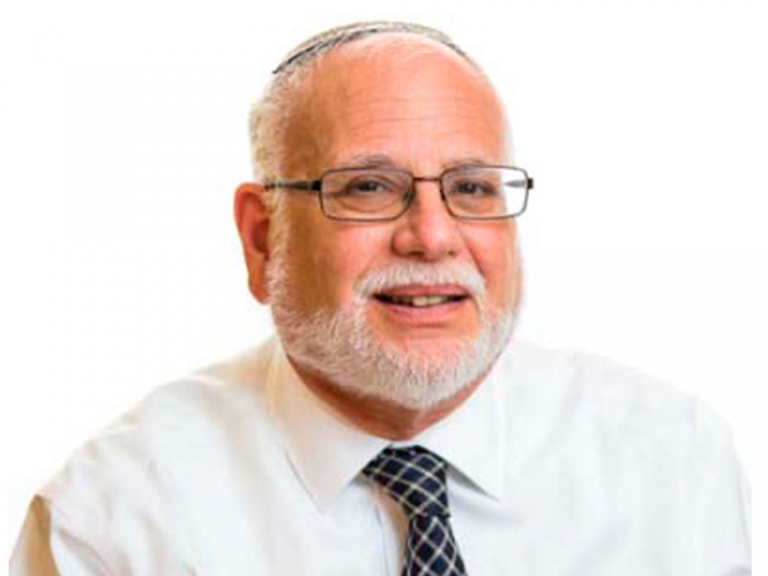D'var Torah by Dr. Kalman Stein, Interim Head of School

Dear Hebrew Academy Community:
At the end of the description of that which Hashem created on four of the days of Creation about which we read last Shabbat we are told “וירא אלוקים כי טוב –God saw that [that which he had created] was good." This phrase, however, does not appear at the end of the second day. At the end of the sixth and last day of Creation we are told that Hashem saw that all that he had created that week was good but there is no וירא אלוקים כי טוב relating to the specific creations of Day Six which, of course, culminated in the creation of the first human being.
Apparently Hashem only expressed a sense of כי טוב when that which He had created was complete. On Day Two God had separated the waters to create שמים and ארץ but that task was not completed until the next day when He created seas and dry land and thereby made the Earth habitable. Similarly, the creation of humans was not complete because each of us is endowed by Hashem with בחירה חפשית—freedom of choice—so the question of whether the creation of any individual or of all of humanity is טוב hangs in the balance as we choose how we will live our lives.
The process of creation continues throughout one’s life. Just as we need to grow physically from infanthood, each of us must always be engaged in a process of spiritual/moral/ethical growth and change. The Torah makes this clear to us with its choice of a verb to describe one who has reached a higher state of human development and recognition of religious and ethical responsibility. At the end of Breishit we are told ויתהלך חנוך את האלוקים—Enoch walked with God: He was not always a Tsaddik; he had to engage in the process of walking with Hashem to arrive at that point.
At the beginning of this week’s Parasha we are told that Noach who found favor in the eyes of Hashem similarly “walked with God.” At the end of Parashat Noach we are told that Avraham, recognizing that he had reached a level which called for the next step in his development, began the trek ללכת ארצה כנען. And, of course, the next Parasha begins with the famous words לך לך as Hashem acknowledges that Avraham’s spiritual development had reached the point at which He was prepared to instruct him to continue on his path and enter Eretz Yisrael. By the time we reach Parashat Vayera we see that Avraham, an elderly man, is still aware of his need to move forward; in fact we find him no longer walking, but running to do a Mitzvah.
As parents and educators know, the best time to begin this process of religious and human growth is in childhood. After the flood, Hashem commented כי יצר לב האדם רע מנעריו--that the imagery of the human heart is evil from his youth. Several commentators explain that this means that while our animal instincts are innate, the appreciation of the need to grow and improve religiously and humanly must be fostered with time and maturity. If negative traits such as jealousy, anger, laziness, insensitivity, and greed become entrenched in one’s youth, they are very difficult to eliminate even when we are older and recognize intellectually that we should labor to free ourselves of those unwanted characteristics. Our job at home and in school is to set our children on the path of religious/ethical growth by creating an environment, a community of kindness, which fosters the development of positive religious and ethical attitudes and behavior.
Shabbat Shalom,
Dr. Kalman Stein
Interim Head of School

